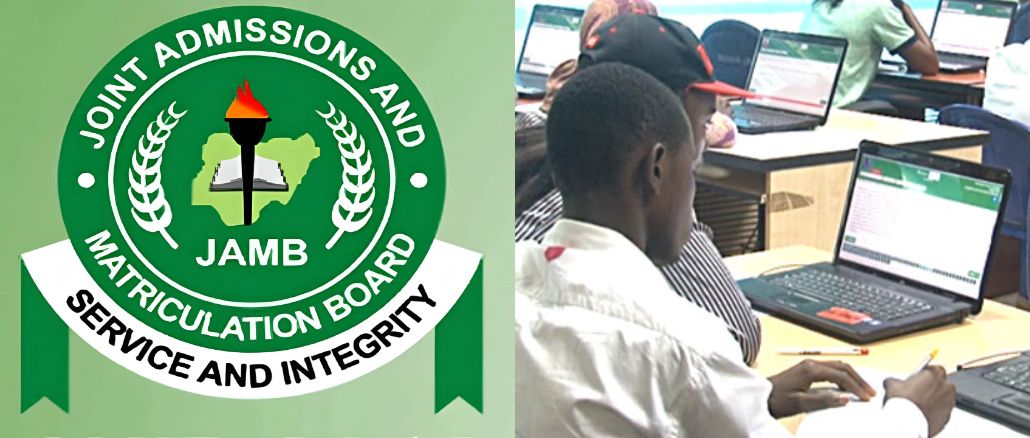
As part of measures to restore the integrity of the nation’s examination and admission system, a Special Committee on Examination Infractions (SCEI) has recommended a 3-year ban on examination cheats, their prosecution as well as their collaborators, as well as cancellation of those results obtained fraudulently.
These stringent measures, among others, may not be unconnected to the worrisome dimensions of resort to hi-tech examination malpractice noticed during the registration and the 2025 Unified Tertiary Matriculation Examination (UTME) necessitating the constitution of the Special Committee.
The SCEI, which was inaugurated on 18th August, 2025, by the Joint Admissions and Matriculation Board (JAMB) was charged with a mandate to investigate, review, and recommend measures to address the growing and dangerous menace of technologically-enabled examination malpractice in the 2025 UTME, among its other terms of reference.
The Chairman, SCEI, Jake Epelle, while submitting the committee’s report on 8th September, 2025, to the Registrar, Joint Admissions and Matriculation Board (JAMB), Prof. Is-haq Oloyede, also recommended the strengthening of the existing Central Sanctions Registry at the Federal Ministry of Education and making it easily accessible to institutions and employers to stem the malaise.
The committee, in its bid to confront the hydra-deaded monster, proposed a multi-layered framework built on detection, deterrence, and prevention while canvassing the deployment of AI-powered biometric anomaly detection, dual verification systems, real-time monitoring, and the establishment of a National Examination Security Operations Centre.
The committee calls for legal reforms and amendments of the JAMB Act and the Examination Malpractice Act to recognise biometric and digital fraud, and provide for a more-robust Legal Unit within JAMB, while also launching a nationwide Integrity First campaign, embed ethics into the curricula, and enforce parental accountability.
The report also advocated special measures for minors (under-18 offenders) where rehabilitative measures under the Child Rights Act would apply. The report advises for a focus on counseling and supervised re-registration for juveniles, strengthening mobile-first self-service platforms, digitize correction workflows, tighten disability verification, and ban bulk school-led registrations.
Some of the mind-boggling revelations made by the committee also included but not limited to the evolution of examination malpractice into a highly-organised, technology-driven, and culturally-normalised enterprise.
Dr. Epelle said, *“We documented 4,251 cases of “finger blending”, 190 cases of AI-assisted image morphing, 1,878 false declarations of albinism, and numerous cases of credential forgery, multiple NIN registrations, and solicitation schemes.
“Fraud is not the work of candidates alone, it is sustained by syndicates involving some CBT centres, schools, parents, tutorial operators, and even technical accomplices.”*
He pointed out that legal frameworks remain inadequate to tackle biometric and digital fraud, stressing that public confidence in the examination process is dangerously eroding.



